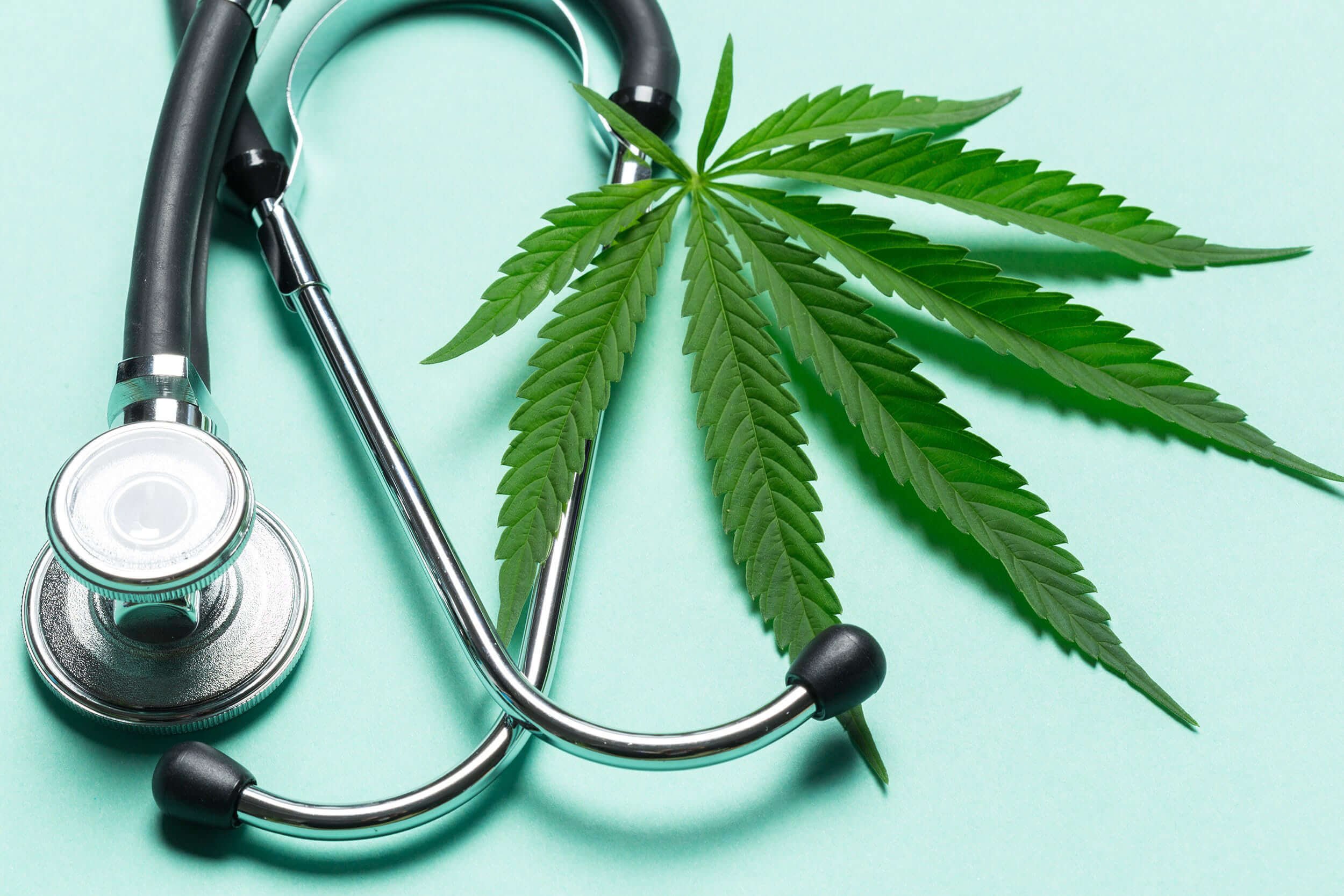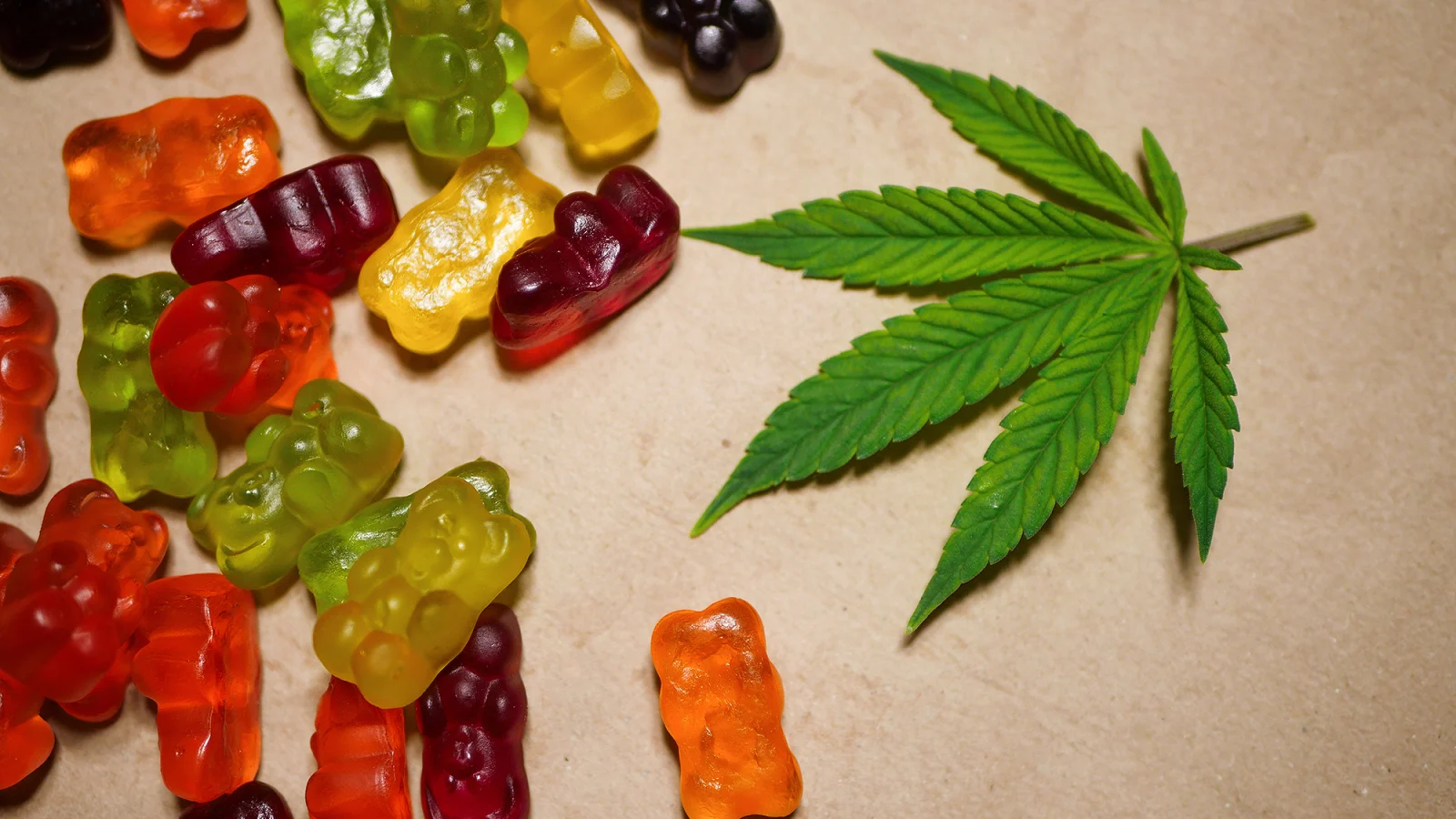Introduction:
The trajectory of tetrahydrocannabinol (THC), the primary psychoactive compound in cannabis, has evolved beyond its recreational connotations. Once synonymous with a euphoric “high,” THC is now at the center of a dynamic discussion about its dual role in both recreation and medicine. This paradigm shift reflects an increasing acknowledgment of THC potential therapeutic benefits alongside its recreational use.
Recreational Pleasures:
Traditionally celebrated for its recreational use, THC has long been associated with the pleasurable sensations and altered perceptions that accompany the cannabis experience. Its interaction with the brain’s cannabinoid receptors induces a state of euphoria, relaxation, and heightened sensory perception. For many, this recreational aspect remains a central attraction, contributing to the popularity of cannabis in various social and cultural contexts.
The Medicinal Awakening:
In recent years, scientific research has ushered in a newfound understanding of THC’s medicinal properties, prompting a shift from mere recreation to genuine healing. From pain management to mental health, THC is being explored for its potential therapeutic applications. Notably, medical cannabis formulations with controlled THC content are gaining traction for conditions like chronic pain, nausea, and muscle spasms.
Pain Management Pioneer:
One of THC’s most established medical applications is in the realm of pain management. Studies have demonstrated its efficacy in alleviating chronic pain associated with conditions such as arthritis, multiple sclerosis, and cancer. By interacting with the endocannabinoid system, THC may modulate pain perception and provide relief, offering an alternative to traditional pain medications.
Nausea and Appetite Stimulation:
THC’s ability to alleviate nausea and stimulate appetite has made it a crucial component in the treatment of conditions like cancer and HIV/AIDS. Medical cannabis, rich in THC, has shown promise in helping patients combat the side effects of certain medications and improve their overall quality of life.
Mind and Mood:
Beyond physical ailments, THC is also being investigated for its impact on mental health. Research suggests its potential in managing anxiety, depression, and post-traumatic stress disorder (PTSD). The mood-enhancing properties of THC may open new avenues for mental health treatment, offering relief to those facing the challenges of these conditions.
Balancing Act:
While THC’s dual role in recreation and medicine is undeniable, striking a balance between the two is crucial. Responsible and informed consumption is essential to harness the recreational benefits without compromising the potential healing properties. Medical supervision ensures that individuals receive the therapeutic benefits of THC while minimizing the risk of adverse effects.
Conclusion:
From being a recreational indulgence to emerging as a therapeutic ally, THC has undergone a transformative journey. The dual role of THC in recreation and medicine reflects a nuanced understanding of its complex effects on the human body. As society continues to navigate this evolving landscape, embracing both aspects of THC’s potential is key to unlocking a future where healing and recreation coexist harmoniously.




